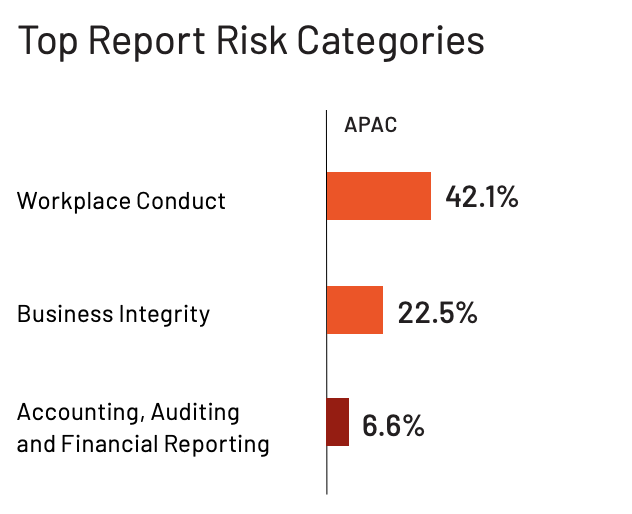
Companies could face fines of up to ¥30 million under new legislation

Companies in Japan that dismiss or take disciplinary action against whistleblowers may soon be fined by up to ¥30 million under legislation passed in Parliament.
Japan's upper chamber, the House of Councillors, passed amendments on Wednesday to the country's whistleblower protection law, which will take effect within 18 months of promulgation.
Under the amendments, individuals who will discipline whistleblowers will be subject to a prison term of up to six months, or a fine of up to ¥300,000. Companies that take retaliatory action will also be fined by up to ¥30 million.
Retaliation covers any dismissal or disciplinary action taken within a year of whistleblowing reports, according to the law, as reported by The Japan Times.
The law also includes attempts to identify whistleblowers without any legitimate reasons, as well as requests for pledges not to be a whistleblower, but these will not carry any penalties.
What the legislation doesn't cover is personnel relocation, according to the report, as it can be difficult to prove the connection between whistleblowing and personnel transfers.
The amendments strengthen the country's current whistleblower protection law, which prohibits organisations from treating whistleblowers in a disadvantageous way.
The revised law now also covers freelancers and will prohibit employers from disadvantageously treating them, such as by suspending transactions.
Japan currently obliges organisations with more than 300 employees to have a platform for whistleblowing. In the Asia-Pacific region, 91% of organisations have established whistleblowing programmes, according to Deloitte.
Navex, a whistleblowing management software provider, said more organisations are implementing whistleblowing programmes amid growing recognition of their importance in enhancing transparency, ethics, and corporate governance.
In the APAC region, data from Navex revealed that APAC has a median of 67% when it comes to anonymous reports. However, its substantiation rate is only 48%.
